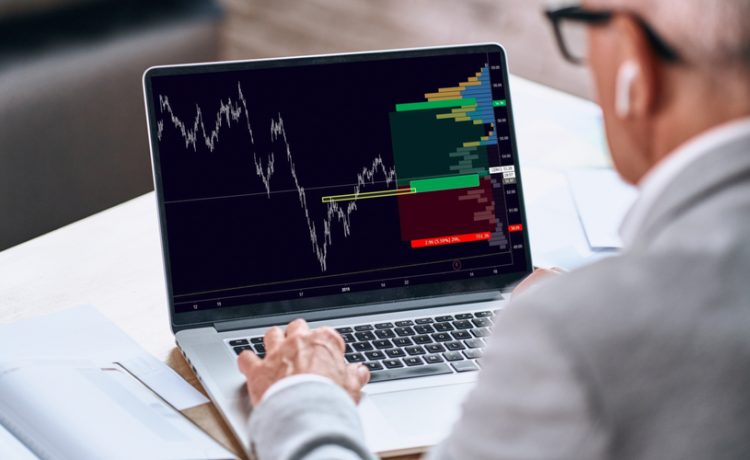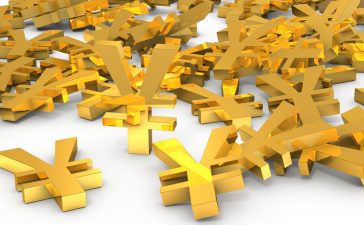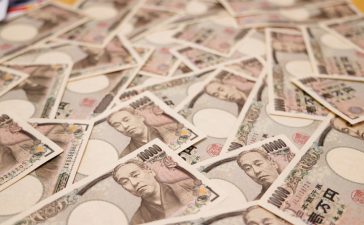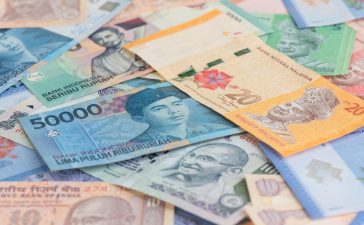MSCI’s broadest index of Asia-Pacific shares outside Japan was 0.54 per cent down, pulling back a bit having advanced more than 3 per cent since a week ago and reaching its highest since September on Tuesday
Asian stocks pulled back from 2-1/2-month highs on Wednesday and the dollar found support as investors’ reduced some of their earlier fervour about the prospect of an end to U.S. interest rate hikes.
MSCI’s broadest index of Asia-Pacific shares outside Japan was 0.54 per cent down, pulling back a bit having advanced more than 3 per cent since a week ago and reaching its highest since September on Tuesday. Japan’s Nikkei added 0.29 per cent.
Overnight the S&P 500 snapped a five-session winning streak and dropped 0.2 per cent. Chipmaker Nvidia reported revenue well above Wall Street expectations after market close, but shares shed 1.7 per cent because of the firm’s downbeat China sales outlook.
Nasdaq futures were nearly 0.2 per cent down and S&P 500 futures were little changed in Asian hours. Volumes are likely to be lightened through the rest of the week by Thursday’s Thanksgiving holiday in the US.
European share markets are set for a muted open, with Eurostoxx 50 futures 0.05 per cent higher, German DAX futures up 0.08 per cent and FTSE futures 0.06 per cent higher.
It seems that the short cover rally that started after the November (Fed meeting) is winding down and that buying and selling is beginning to alternate, said Nomura’s chief macro strategist Naka Matsuzawa in a note to clients.
The Fed released minutes from that meeting overnight though traders observed that policymakers’ promise to “proceed carefully” from here was not new information.
Ten-year Treasury yields were slightly down at 4.3910 per cent in Asia trade. They have dropped nearly 50 bps since the Fed held rates steady early in the month.
Interest rate futures markets see almost no chance the Fed hikes again and price around 90 bps of rate cuts through 2024, with a 30 per cent possibility they begin as soon as March.
Since the (Fed) believes that a soft landing is in sight, it would be foolish to risk it by hiking further than required, said Rabobank’s senior U.S. strategist Philip Marey.
He said: If we were to see stronger economic and inflation data before the December meeting, longer-term rates are likely to rebound and substitute for a rate hike. So, we do not expect further hikes.





